Why don't Muslims celebrate the New Year?

Not everyone knows why Muslims do not celebrate the New Year. Meanwhile, it is very interesting and instructive to understand why they do not meet him, and why it is forbidden (haram) to congratulate. All this logically fits into the general concept of how Islam treats the New Year holiday.
Ban on pagan holiday
This association is one of the main reasons why some Muslims do not celebrate the New Year at the same time that almost everyone else does. They have their own calendar, and therefore they do not celebrate the beginning of the year according to the Gregorian chronology system - they simply do not perceive January 1 as the boundary between years. Among the Islamic clergy and followers of Islam, the version is extremely popular that the New Year celebrations are associated with the cult of the ancient Roman god Janus: of course, this causes rejection.

There is another idea: since the holiday is not spelled out in the Islamic tradition, then it itself bears a pagan character, regardless of what the participants in the celebrations think.
And also the Muslim religion explicitly prohibits worshiping anyone other than their own deity. Therefore, Santa Claus is perceived by some of its representatives as the subject of a competing cult.
In addition, the Gregorian calendar itself is quite rightly considered a Christian invention. And if even for the most zealous unbelievers it is just a common timekeeping tool used for reasons of convenience, then in Islam the attitude is significantly different. There they carefully preserve their specialness, including in the reckoning of time.
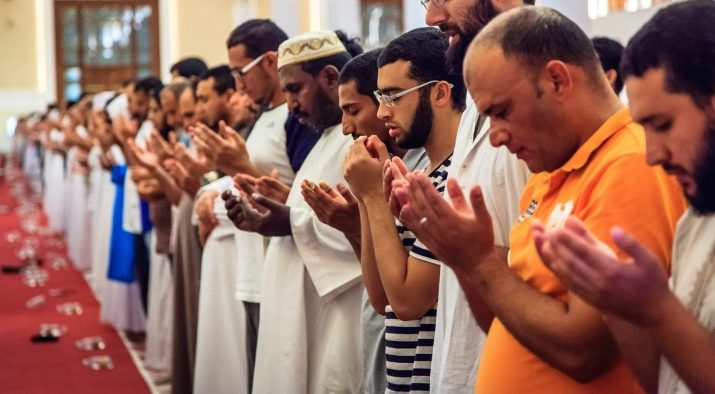
In this case, some Muslims also see pagan notes in:
- associations with Saint Nicholas (the patronage of the saints is at odds with the spirit of the Koranic doctrine);
- another association, according to which Santa Claus is an echo of Slavic pagan ideas (and polytheism is one of the most serious sins in Islam);
- magical and miraculous meanings of the event (magic and witchcraft are also strictly prohibited).
The difference in the meanings of the celebration
But this is not all the subtleties by which, as it is sometimes believed, the celebration of the New Year is prohibited in Islam. Even the beginning of their new year is interpreted differently there. All Muslim holidays and celebrations are aimed at emphasizing the unity of the community of believers and at developing a sense of belonging with all of its representatives. The night of December 31st to January 1st does not in any way meet this requirement.
And for this reason, it is also classified as haram by some Muslim theologians.
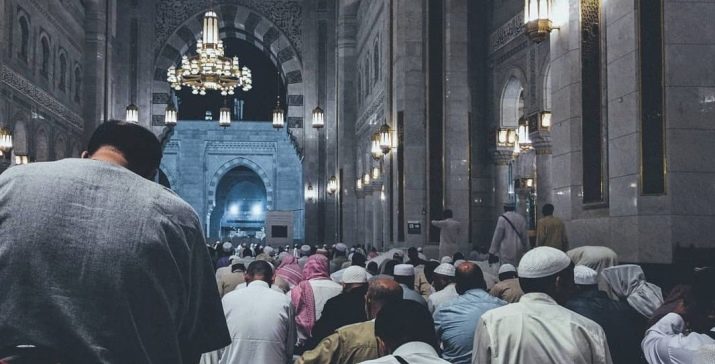
Of course, modern Muslims for the most part are aware that no one seriously invests a pagan meaning in the holiday. And that about bloody sacrifices, about the worship of any ancient gods is out of the question. But neither this, nor the transformation of the New Year into a routine, formulaic holiday for traditionally-minded believers does not play a role.
After all, if they began to celebrate, then by doing so they would become closer in the image and way of life with other people. And quite a few in the field of theology warn, with references to the Koranic texts, against "assimilating to unfaithful peoples" and say that "those who acquire similarity even outwardly become similar inwardly."
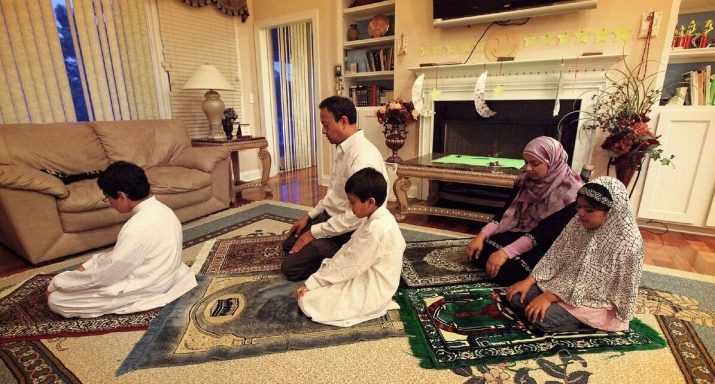
Therefore, the instructions read:
- spend New Year's day in the same way as the most ordinary one;
- show no signs of celebration or solemnity unrelated to other circumstances;
- closely monitor how other relatives and especially children spend their time.
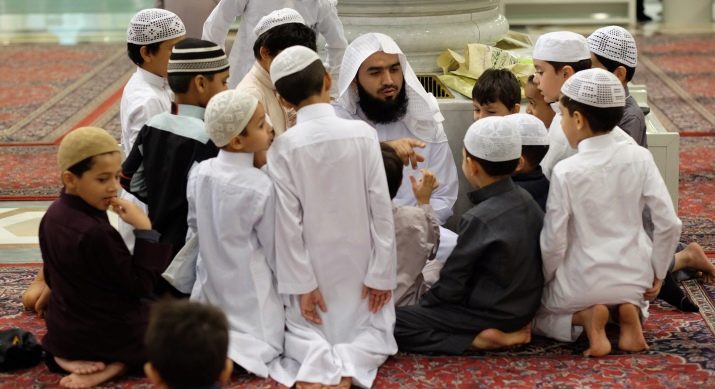
Other reasons
- Symbolism. The symbols with which the holiday is celebrated also causes rejection in the Muslim environment. Christmas tree stars refer to the Christian tradition. Everything connected with Santa Claus, as already mentioned, is recognized as a pagan heritage. The Snow Maiden is an innovation that does not fit into the Koranic approach and prescriptions. Spruce is considered the legacy of the paganism of the ancient Germanic tribes. Of course, all this is contrary to the principles of the doctrine.
- Unjustified expenses. This moment, too, cannot be discounted. The provisions of the Koran are unambiguous: it is necessary to live modestly and unhurriedly, not trying to stand out pretentiously. On New Year's, it is customary to give a lot of gifts, sometimes costing a large amount of money. The festive menu is no less expensive. Theologians certainly pay attention to this.
- Forbidden moments. The typical Muslim approach to the New Year is also associated with the very behavior of those who are going to celebrate. An almost invariable attribute is alcohol - which, as everyone knows, is considered a sin in the Islamic religion. Dances and fun, revealing outfits - also do not correspond to her principles. The same can be said about the abundant overeating, and about the calls of Santa Claus.


Why don't they congratulate you on the holiday?
This nuance is associated with the position of individual believers and theologians. In Russia, even among the Islamic clergy, there is no consensus regarding New Year's greetings. Many prominent scholars of the faith emphasize that congratulations are perfectly acceptable. Moreover, there are even discussions about the admissibility of direct participation in the celebrations; adherents of a softer position argue their approach by changing the nature of the New Year holidays in recent years.
And yet, a noticeable number of adherents of Islam do not congratulate anyone due to their rather harsh interpretation of this topic.

Is there a punishment?
In Russia, European countries and most other states, there are no sanctions for Muslims who still decide to celebrate the New Year.The only exception is condemnation from the clergy and fellow believers. However, serious bans are in force in Saudi Arabia, Iran and Brunei. The latter state even passed laws under which those who celebrate the New Year face a long prison sentence. This moment must be taken into account.
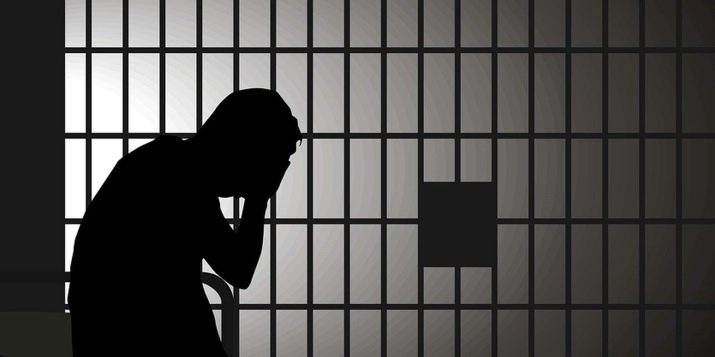
The principal opponents of the New Year are mainly those representatives of the clergy who live in mono-confessional Islamic states. In support of their position, they refer not only to the Koranic texts, but also to the theses of medieval theologians. This does not take into account the difference in the historical context of different eras. In particular, the prohibitions on "getting closer to the pagans" appeared in a situation of much more severe inter-religious enmity. Today, an excessive emphasis on this point is characteristic mainly of radicals.
Some of the clergy and believers are now inclined to believe that the New Year, in principle, can be celebrated. But subject to:
- humble behavior;
- a ban on alcohol;
- refusal of prohibited food;
- restrictions on the display of overt non-Muslim symbols.









